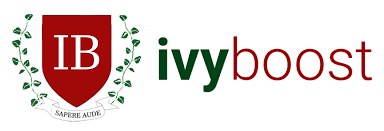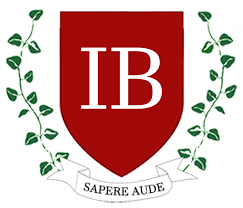The Path to Medical School
The notion of being a doctor first came to me when I was a kid. I felt drawn to medicine because I loved the idea of helping sick people feel better.
To explore the medical field, I took up a volunteer position at a nearby nursing home, a commitment I continued throughout middle school, high school, and college. The patients that this experience introduced me to reinforced my belief that I belonged in medicine. If you think you may be interested in medicine, volunteering in a healthcare setting is a fantastic way to gain exposure while also giving back to your community and potentially even making lifelong friends like I did.
High school students sometimes ask me if they have to love and excel in science to pursue a career in medicine. Science doesn’t have to be your favorite subject (it wasn’t mine), but you’ll need to complete many science classes to get to medical school, and the theme of science will forever follow you as a doctor.
You might be surprised to learn that you don’t have to major in a science subject to go to medical school. There are certain pre-med courses you need to take, but you can study whatever your heart desires. I have classmates with academic backgrounds as diverse as music, disability studies, and international relations, and I myself am a big fan of the humanities and social sciences, with an interest in bioethics, medical anthropology, and theology.
If you have your sights set on medical school, you probably already know that you need to have a strong academic record. Something that gets less attention is the importance of relationship-building. One aspect of my application repeatedly highlighted in my medical school interviews was the strength of my letters of recommendation, which I came to learn focused on my qualities as a person.
The numbers of your application are important, but the “softer” metrics – letters of recommendation in addition to essays, extracurriculars, and interviews – might just be your X factor, too. Apart from enhancing your application, forming authentic relationships with others is vital for maintaining a good quality of life as a pre-med. It’s a rigorous track, but if you have a supportive community around you and pursue activities that bring you meaning and joy, you will thrive.
Despite my personal bias toward medicine, I encourage you to explore other career possibilities as well, even if only to rule them out and be absolutely confident that medicine is the right fit for you. Even within medicine, there are so many trajectories to choose from. A faculty member at my medical school recently told me that the decision of which medical specialty to pursue is probably even more important than the decision to attend medical school. Her advice is a tribute to the sheer possibility around us. I invite you to embrace that possibility.


